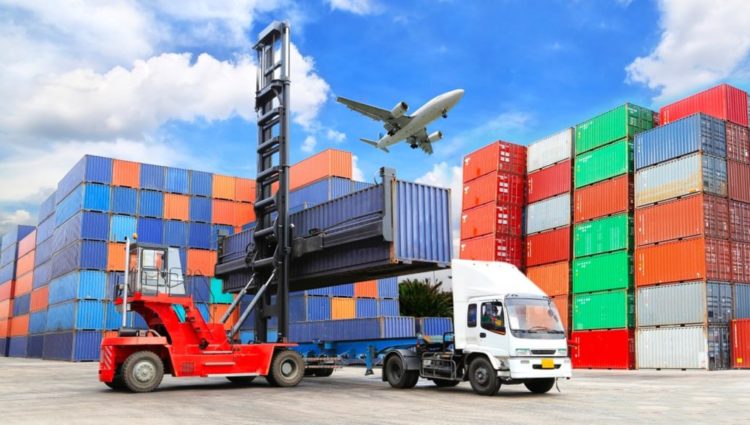Indonesia is an archipelago comprising over 17,000 islands, rely extensively on the efficiency of cargo trips to sustain its economy and connect its various regions. Because of its huge oceans and islands, the country’s logistics network is crucial to making sure that there is a smooth movement of goods between provinces, cities, and international borders. Transport services for cargo in Indonesia have evolved significantly in recent years, driven by advances in technology and the growing demand for online commerce, and growing trade opportunities. These companies not only help facilitate the movement of goods but also aid in economic growth through connecting rural areas to urban centers and global markets. As the backbone for Indonesia’s supply chain, cargo transportation is an integral component of the infrastructure that Indonesia has.
The vastness of Indonesia’s terrain creates unique opportunities and challenges for cargo expeditions. There are a lot of islands, along with different terrains and weather conditions, requires a diverse variety of transport options such as planes, ships trains, trucks and. The ferry and coastal shipping are especially important as they connect smaller islands to important ports like Tanjung Priok in Jakarta, Tanjung Perak in Surabaya, and Belawan in Medan. Despite the logistical challenges however, the industry continues to grow and innovate and grow, as companies are adopting modern technology for tracking, enhancing routes and installing better vehicles and vessels. The ability to adapt to these geographical challenges has been key to the success of cargo expeditions in Indonesia.

One of the most significant drivers of ekspedisi cargo muat growth within Indonesia is the increase in electronic commerce. With more customers shopping online, there has been an increase in demand for secure and prompt delivery services. Platforms such as Tokopedia, Shopee, and Lazada have fueled the trend and pushed logistic companies to increase their network and increase their capabilities. Many cargo expedition providers now offer integrated solutions, including warehouses, last mile delivery, and real-time tracking, in order to meet the needs of e-commerce companies. The symbiotic connection between logistics and commerce highlights the critical role cargo expeditions are playing in supporting Indonesia’s thriving digital economy. In streamlining the operations and improving efficiency, the sector is helping to bridge the gap between businesses and consumers in even the most remote regions.
The role of cargo expeditions goes beyond the domestic market in that Indonesia is a key player on the international stage of shipping. Because of its strategic location on key maritime routes of trade makes it an important logistical hub in the world. The major exports like palm oil, coal, textiles and rubber rely on robust cargo services for international trade. Furthermore, initiatives by the government to establish special economic zones and to improve ports infrastructure has further boosted the appeal of Indonesia as a world logistics hub. Initiatives such as the expansion of Patimban Port Patimban Port and the expansion of the New Priok Terminal highlight the nation’s dedication to enhancing its place in the global market. These efforts are not only expanding export opportunities, but they are as well bringing foreign investment to the logistics sector.
The environmental sustainability of cargo is more and more important in cargo operations in Indonesia. As global concerns about climate change rise, logistics companies are exploring strategies to lower their carbon footprint. They are embracing greener methods like using more energy efficient transportation, enhancing delivery routes, and exploring alternative energy sources. Furthermore the government has also introduced guidelines aimed at improving sustainable shipping practices, encouraging companies to innovate and comply with environmental standards. These efforts align with Indonesia’s larger objectives of achieving sustainable economic growth while minimizing environmental impact. As the cargo expedition sector is evolving and develop, sustainability is likely to have a significant role to play in determining the future of this sector.
To conclude, cargo operations are a cornerstone of the Indonesian economy. They connect its islands, supporting the growth of e-commerce and helping facilitate international trade. Despite the obstacles caused by the complex terrain, the sector has demonstrated flexibility and resilience through technological advancements and strategic investments. With the growth of e-commerce and sustainability issues take place, cargo trips within Indonesia are expected to remain an essential driver of the nation’s economic development. Through addressing logistics challenges and embracing innovation it is expected to flourish, making sure that goods can move effectively across the archipelago and further. For Indonesia, the future of cargo voyages is not just about transportation–it’s about creating connections, driving progress, and building a more interconnected world.



